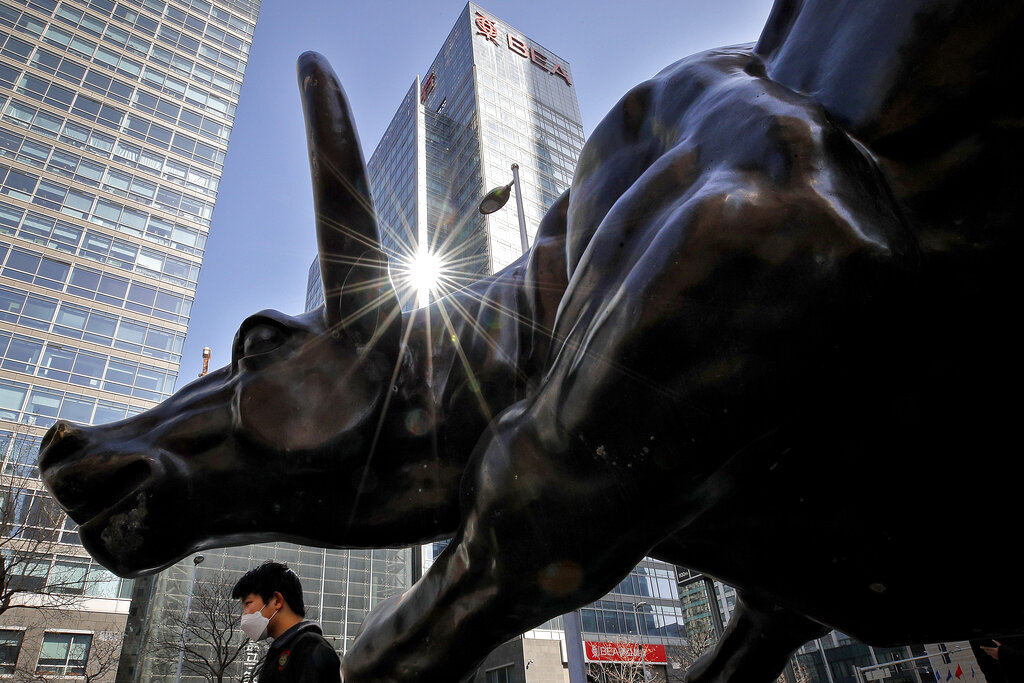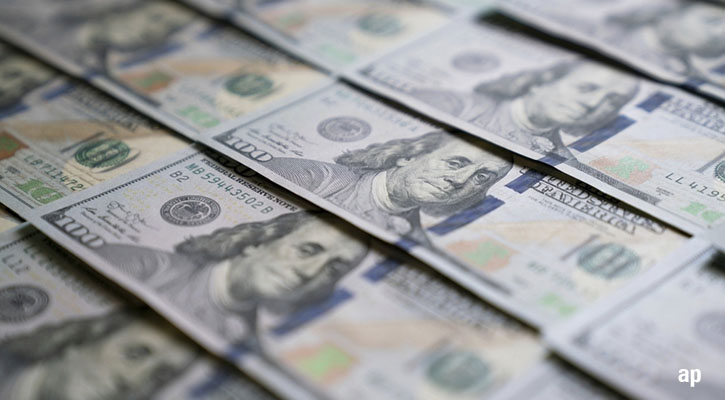
In its latest quarterly review, Hang Seng Index added two new constituents, bringing the total number of tracked stocks up to 82. Li Auto (02015) joins three other electric vehicle peers in the index with a starting weight of 1.9%, while Wuxi AppTec (02359) joined with a starting weight of 0.3%.
In the Hang Seng index family, there were no changes announced for the Hang Seng China Enterprises Index and the Hang Seng Technology Index in the review. The Hang Seng China Enterprises Index tracks a total of 50 Chinese H-shares, while the tech index has maintained the constituents at 30.
What is an Index Review?
The Hang Seng Index Company is responsible for conducting index reviews for the Hang Seng Index, a widely tracked benchmark of the Hong Kong stock market. The index review is performed in March, June, September, and December each year and involves a comprehensive evaluation of the constituent stocks within the HSI.
The purpose of the review is to ensure that the index accurately reflects the performance and composition of the Hong Kong stock market. During the review process, the Hang Seng Index Company assesses various factors such as market capitalization, liquidity, and sector representation to determine whether any changes are required in the index composition.
Why Was Li Auto Included?
Earlier this month, Li Auto reported its better-than-guidance revenue of CNY 34.7 billion for the third quarter. This was driven by a total vehicle delivery of 105,108 units, which was 3 times higher than deliveries from a year ago. The vehicle margin for the third quarter remained stable at 21%, compared with the second quarter.
Morningstar’s equity analyst Vincent Sun raised the fair value estimate for Li Auto to HK$ 151.90 per share (USD 39.10 per ADS) from HK$ 136.00 (US$ 35.50). Despite the upward adjustment, shares of Li Auto are fairly valued.
Sun says: “As the market is increasingly concerned that intensifying competition and promotions will depress profitability, we think investors are likely to stay on the sidelines until there is more visibility on profitability and the impact from the firm's BEV launches.” The HK$ 340 billion automaker does not currently earn an economic moat rating.
In the Hang Seng Index, BYD Company (01211), another Chinese EV company, continues to represent the largest weight at 2.27% after the review. Also having no economic moat, BYD Company is regarded as moderately undervalued against its fair value estimate of HK$ 316. Geely Auto (00175), which makes both traditional ICE and hybrid cars, is another auto exposure in the index as the stock’s weightage is about 0.5%. Geely is also undervalued against its fair value of HK$ 14.5. Other leading EV players, XPeng (09868) and NIO (09866) are not in the Hang Seng Index yet.
New Biotech Blue Chip
Another new constituent is Wuxi AppTec (02359), a biotech contracting firm controlled by the founders of WuXi Biologics (02269). Wuxi Biologics was included in the index in August 2020 and now takes 1.68% weight in the index. The stock has been assigned a narrow economic moat rating. With a fair value estimate of HK$ 76.8, the 4-star stock trades a 37% discount.
In the previous review, the ailing property developer Country Garden Holdings (02007) was removed from the Hang Seng Index while its property management subsidiary Country Garden Services Holdings (06098) was also booted out from the Hang Seng China Enterprises Index. They were replaced by state-owned pharmaceutical company Sinopharm (01099) and online travel agency Trip.com Group (09961), respectively.








:quality(80)/cloudfront-us-east-1.images.arcpublishing.com/morningstar/QFQHXAHS7NCLFPIIBXZZZWXMXA.jpg)


.png)




.jpg)





